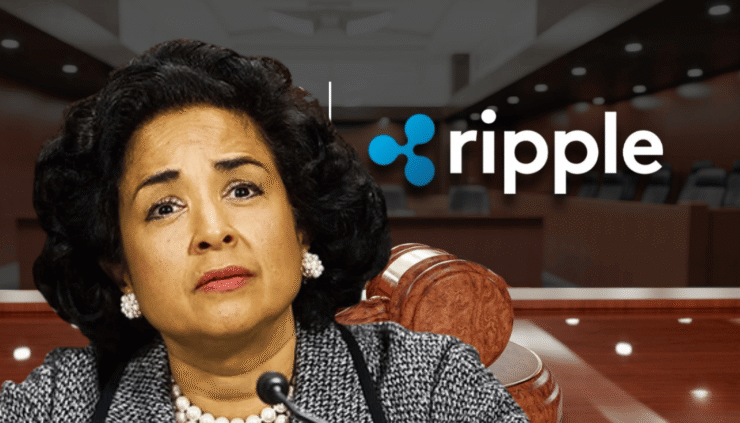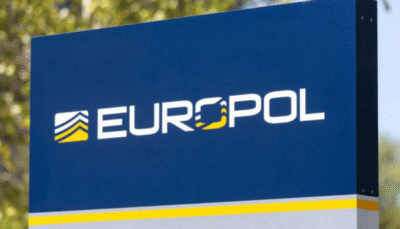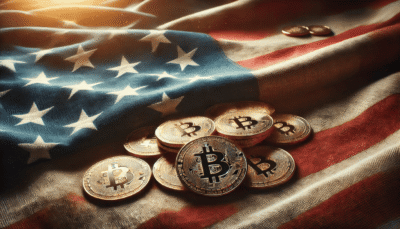A federal judge has rejected a joint request from Ripple Labs and the U.S. Securities and Exchange Commission (SEC) that sought to retroactively reduce Ripple’s $125 million civil penalty and reverse key parts of a ruling that defined the firm’s institutional XRP sales as unregistered securities transactions.
According to a Thursday order filed in the Southern District of New York, Judge Analisa Torres denied the so-called “indicative ruling” motion, which would have allowed the district court to effectively change its own prior judgment while the matter remained eligible for appellate review.
Ripple and the SEC argued the penalty should be cut by 60% and the permanent injunction vacated, citing the agency’s evolving approach to crypto enforcement and a mutual desire to end the litigation.
Judge Torres was not persuaded. She ruled that nothing material had changed to justify undoing the court’s initial decision.
“Ripple’s willingness to push the boundaries of the Summary Judgment Order evinces a likelihood that it will eventually, if it has not already, cross the line,” Torres wrote.
“None of this has changed—and the parties hardly pretend that it has.”
She emphasized that any attempt to reduce penalties or overturn rulings must go through the formal appeals process outlined by Congress, not a discretionary request to the trial court.
SEC Lawsuit Nears the Finish Line
The case, filed in December 2020, has been one of the most closely watched enforcement actions in the digital asset sector. The SEC accused Ripple of raising $1.3 billion by selling XRP without registering it as a security.
Ripple partially prevailed last year when Judge Torres ruled that programmatic XRP sales on exchanges were not securities transactions. However, she also determined that Ripple’s direct sales to institutional buyers violated securities laws.
Earlier this year, the SEC opted not to pursue an appeal of the mixed ruling. Ripple CEO Brad Garlinghouse hailed the decision as a “resounding victory” for the company and for the broader crypto industry.
As part of winding down the litigation, both sides proposed that $50 million of the $125 million penalty held in escrow would be paid to the SEC, while the remaining $75 million would be returned to Ripple.
Industry Impact and Next Steps
The court’s refusal to retroactively revise the penalty underscores the difficulty companies face in negotiating settlements once a final judgment has been entered.
While Ripple and the SEC have largely agreed to end the lawsuit, Judge Torres’ order preserves the legal finding that institutional XRP sales are securities offerings under U.S. law. This precedent could shape future enforcement actions and compliance decisions by other token issuers.
Ripple’s legal team is expected to consider next steps, including whether to formally appeal the penalty and injunction in the Second Circuit Court of Appeals.
Meanwhile, the SEC continues to put an end to litigation against other crypto companies, including Coinbase, Kraken and Binance, in cases that hinge on the same question of which tokens should be classified as securities.
Quick Facts
- Judge Torres has denied a joint request to cut Ripple’s $125M penalty by 60%.
- The ruling keeps intact the finding that institutional XRP sales violated securities laws.
- The SEC has dropped its appeal of last year’s mixed decision.
- Ripple and the SEC have agreed to wind down the case, with $50M going to the regulator if approved.





